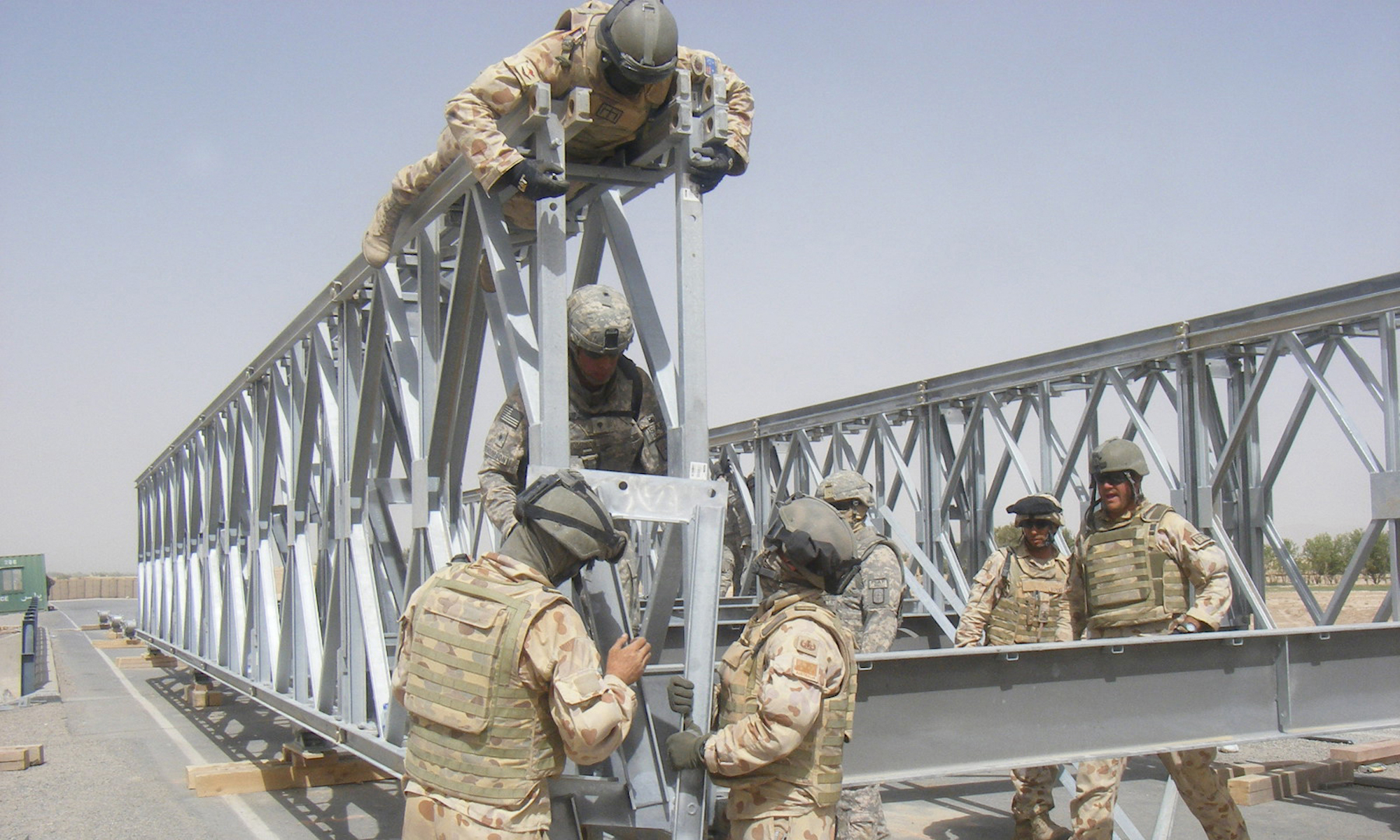This article discusses the attempts at state-building by international actors in the Democratic Republic of Congo (DRC). It uses this experience to discuss some of the obstacles and dilemmas facing external state-builders. I argue that attempts at state-building by foreign actors in the DRC have not had much success, and point out four reasons. First, insufficient resources have been provided. Second, donors have used a standardized approach that does not take local context sufficiently into account. Third, domestic power relations have been such that state-building has not served the interests of key actors. Finally, the policy has been based on a fixed, non-negotiable conception of what the state eventually should look like. Although all these factors have contributed to the failure to create a liberal state in the DRC, the last two appear to be more fundamental than the first and the second.

INSCT Postconflict Research Database
The Institute for National Security and Counterterrorism's Postconflict Research Database & Analysis Project stores cross-indexed bibliographic information on hundreds of journal articles, books, book chapters, and case reports that address the broad, interdisciplinary fields of postconflict reconstruction, stabilization, and peacebuilding.
48 Replies to “The Liberal Peace Is Neither: Peacebuilding, State building and the Reproduction of Conflict in the Democratic Republic of Congo”
Comments are closed.